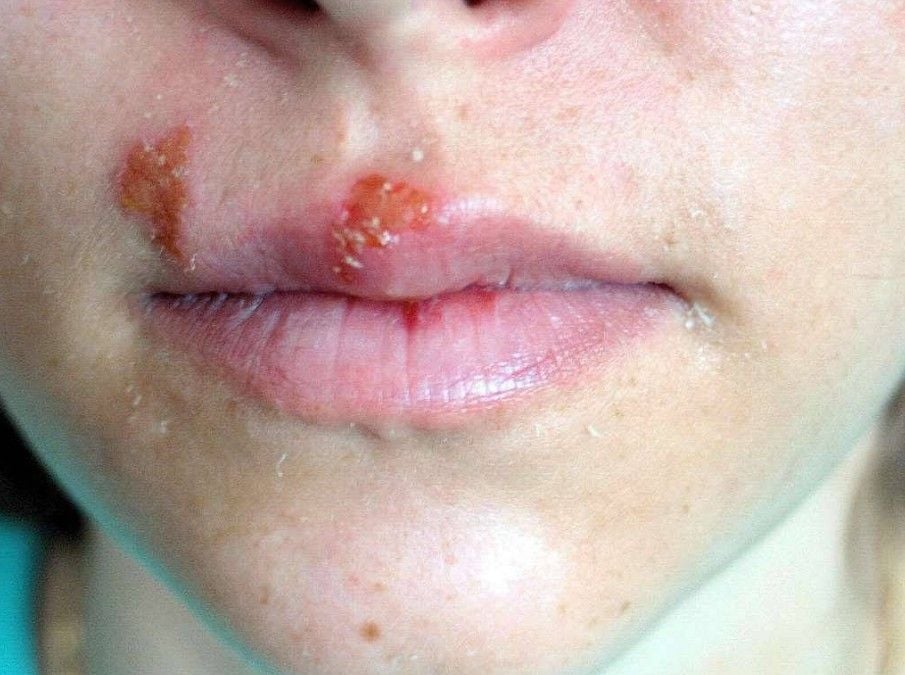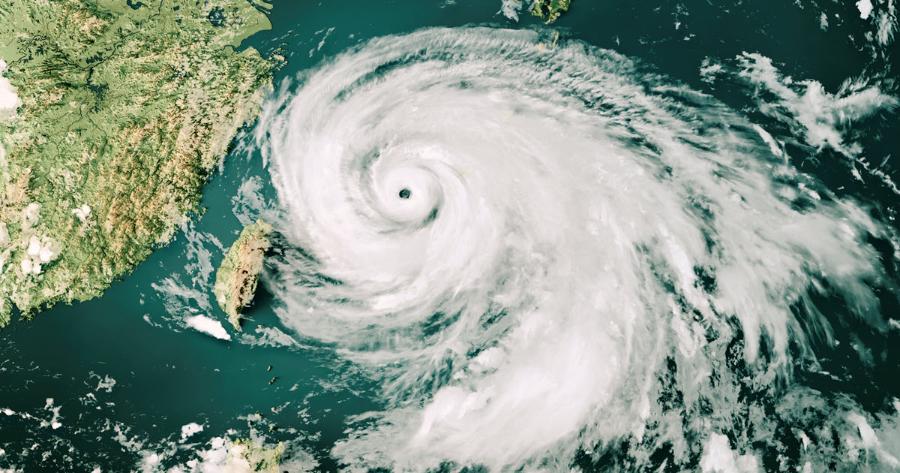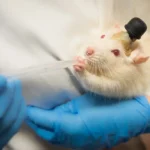A major U.S. study has found that people with the common cold sore virus face a significantly higher risk of developing Alzheimer’s disease. The research also discovered something potentially groundbreaking – taking antiviral medications might help reduce this risk.
The study, published in BMJ Open in May 2024, analyzed data from over 344,000 matched pairs of patients aged 50 and older. It found that individuals diagnosed with herpes simplex virus type 1 (HSV-1) – the virus that causes cold sores – had about 80% higher risk of developing Alzheimer’s compared to those without the virus.
Perhaps most intriguing was the finding that people with HSV-1 who received antiviral treatments were about 17% less likely to develop Alzheimer’s than those who didn’t take such medications.
“These findings place an even greater emphasis on viewing the prevention of herpesviruses as a public health priority,” said the research team led by Yunhao Liu of Gilead Sciences.
What This Means for Cold Sore Sufferers
Before panic sets in, it’s important to understand some key facts. HSV-1 is extremely common – about two-thirds of people under 50 worldwide carry this virus, often without knowing it. Most people with HSV-1 never develop Alzheimer’s disease.
Dr. Alberto Ascherio of Harvard T.H. Chan School of Public Health, who wasn’t involved in the study, cautions against overreaction: “It would be premature for people with cold sores to worry about having an increased risk of Alzheimer’s disease.”
One major limitation is that most cold sore episodes don’t make it into medical records. The study identified HSV-1 diagnosis in only 0.44% of Alzheimer’s patients and 0.24% of controls – far lower than actual infection rates in the general population.
Similar Posts
How Might Cold Sores Affect the Brain?
Scientists have several theories about how HSV-1 might contribute to Alzheimer’s disease:
- The virus can trigger chronic inflammation in the brain when it periodically reactivates.
- HSV-1 might directly induce the production of amyloid-beta – the protein that forms plaques in Alzheimer’s patients’ brains.
- Recent research from Cleveland Clinic suggests the virus can activate “jumping genes” that disrupt normal gene function in brain cells.
- The virus may impair microglia – the brain’s immune cells – reducing their ability to clear harmful proteins.
Professor Bruce Brew, a neurologist from the University of New South Wales, puts the findings in perspective: “This is an important study that adds to the existing evidence that herpes simplex and herpes zoster infection are risk factors and possibly exacerbating factors for Alzheimer’s, but unlikely the cause.”
Beyond Cold Sores
The study also found links between Alzheimer’s and other herpes viruses. People diagnosed with HSV-2 (genital herpes) or varicella zoster virus (which causes chickenpox and shingles) showed increased Alzheimer’s risk. Interestingly, no connection was found with cytomegalovirus, another common herpes virus.
This adds to a growing body of evidence. At least 22 viruses have been tied to Alzheimer’s, dementia, or other neurodegenerative diseases. Recent analyses have also linked receiving the shingles vaccine with reduced dementia risk in both Wales and Australia.
A New Direction for Treatment?
The potential protective effect of antiviral medications opens exciting possibilities. Korean researchers recently published findings on a novel drug, ALT001, that improved the function of HSV-1-infected microglia and reduced inflammation in laboratory tests.
Dr. Bryce Vissel, a Professor in the School of Clinical Medicine at the University of New South Wales (UNSW) and head of the Clinical Neuroscience and Regenerative Medicine (CNRM) initiative at St Vincent’s Hospital, Sydney, notes this represents a shift in thinking: “For decades, Alzheimer’s research focused almost exclusively on amyloid – the protein that builds up in affected brains. But despite billions in investment, anti-amyloid drugs have consistently failed to prevent or reverse the disease.”
“An increasingly supported view – and one we’ve championed – is that amyloid might not be the cause, but a response: part of the brain’s defense against microbial threats. If that’s true, clearing it without removing the trigger may be ineffective,” Vissel explained.
What Experts Say
The scientific community maintains a balanced view on these findings:
Dr. Sheona Scales, Director of Research at Alzheimer’s Research UK, emphasized that while the study’s large sample size is significant, it shows an association, not causation.
Dr. Richard Oakley from the Alzheimer’s Society noted that the “observational nature of the study means it doesn’t prove cold sores cause Alzheimer’s or that antivirals prevent it.”
Professor Tara Spires-Jones from the University of Edinburgh acknowledged the study as well-conducted but reminded the public that “HSV-1 is extremely common, and the findings do not prove causation. Many people have HSV-1, but relatively few develop Alzheimer’s.”
The Bottom Line
Alzheimer’s disease is complex, with multiple risk factors including age, genetics, heart health, education, lifestyle, and environmental exposures. Viral infections like HSV-1 may be one piece of a larger puzzle, but unlikely the sole cause.

The best approach remains focusing on what we already know can help keep your brain healthy: regular physical activity, good quality sleep, social engagement, a balanced diet, and managing stress.
More research, especially clinical trials testing antiviral medications against Alzheimer’s, will be needed before definitive conclusions can be drawn. Until then, the cold sore connection remains an intriguing lead in the ongoing search for better ways to prevent and treat this devastating disease.


















